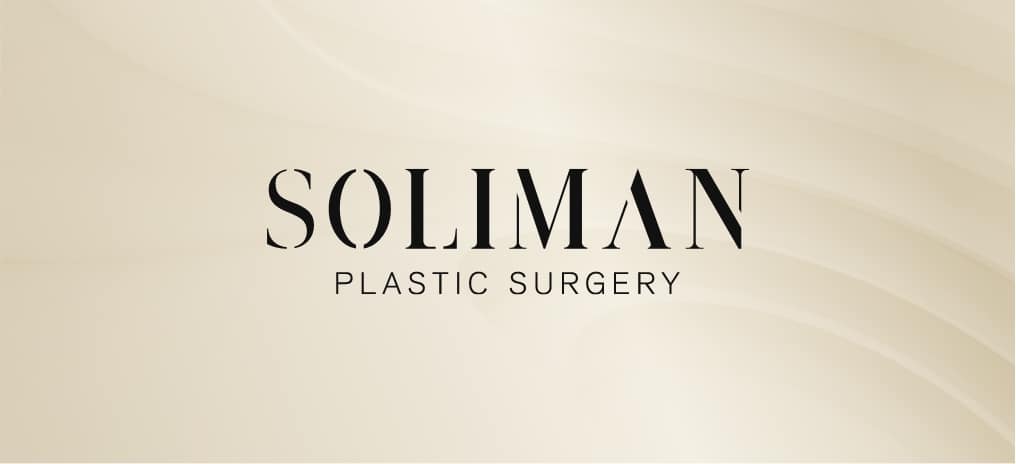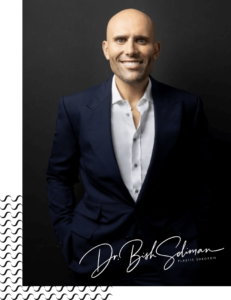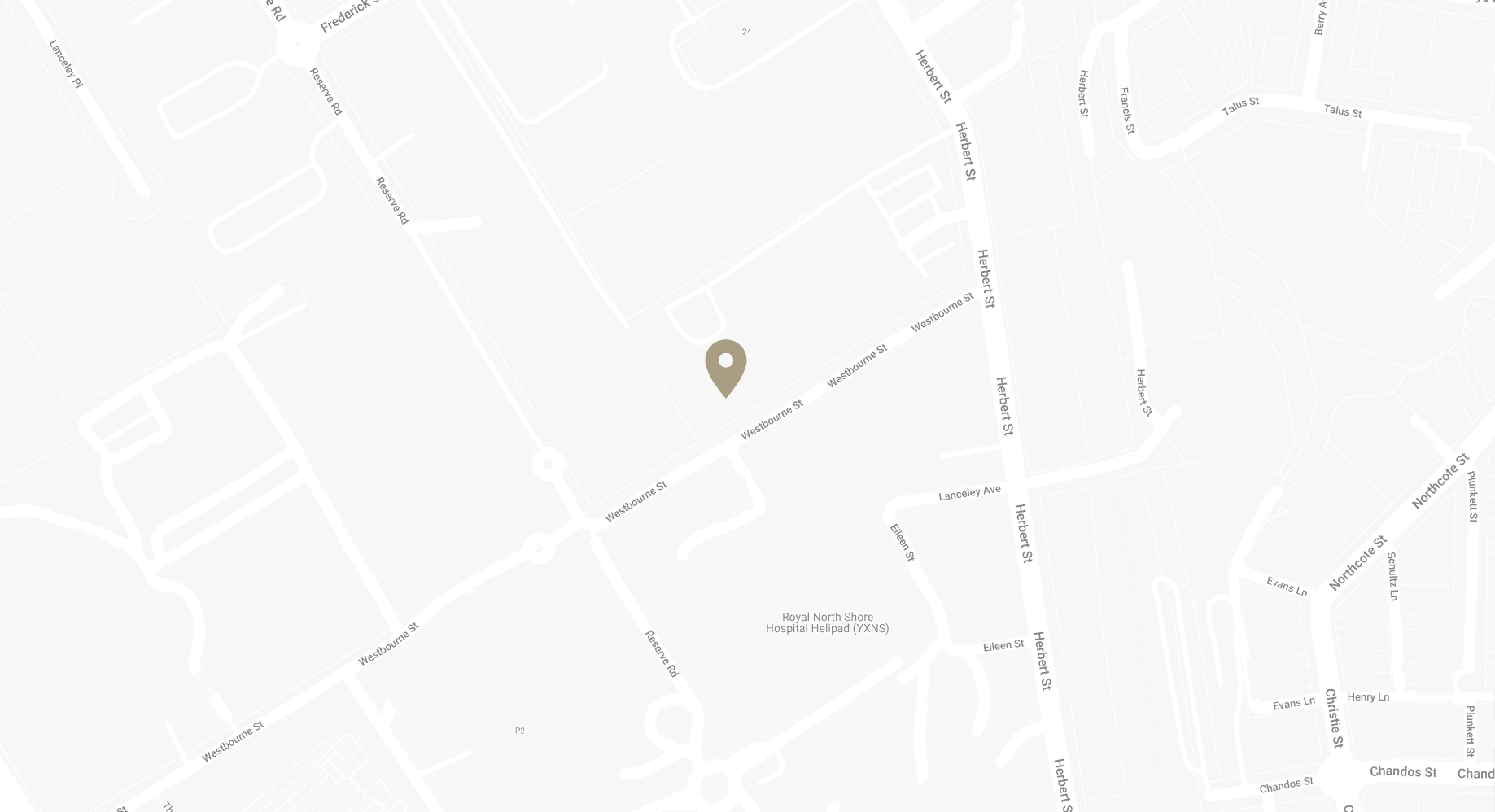Effective Strategies for Recovery after Skin Cancer Excision
Skin cancer excision is a surgical procedure that involves the removal of a skin cancer lesion and some of the surrounding healthy skin tissue. This is done to ensure that all cancer cells are removed and to prevent the cancer from spreading to other parts of the body. While it is a common and generally safe procedure, it can still be a distressing experience.
The process of skin cancer excision is usually performed under local anaesthesia, making it a relatively painless experience. However, you may still feel discomfort in the days following the procedure. This is where your recovery begins. The journey to recovery after skin cancer excision can be challenging, but understanding the procedure and knowing what to expect can make the process easier and more bearable.
You may be wondering about the steps you can take to ensure a smooth recovery after skin cancer excision. In this blog post, Sydney Specialist Plastic Surgeon Dr Bish Soliman aims to provide effective physical and emotional recovery strategies, as well as skincare routines that can help speed up your recovery process.
Post-Procedure Care after Skin Cancer Excision
The period following a skin cancer excision is a critical time that demands careful attention and diligent care. The success of your recovery not only depends on the surgical procedure itself but significantly on how well you manage the post-procedure phase. Adequate post-procedure care is essential to minimise the risk of complications, promote optimal healing, and ensure the best possible outcome after the excision of skin cancer.
The skin is the body’s largest organ and plays a crucial role in protecting against infections and injuries. When this protective barrier is breached, such as through a surgical excision, the body becomes more susceptible to infections. Proper care of the excision site is important to prevent such complications and to support the body’s natural healing processes.
Keeping the Excision Site Clean and Dry
One of the most important aspects of post-procedure care is keeping the excision site clean and dry. This precaution helps to prevent infection, a common risk associated with any surgical procedure. Dr Soliman will give you specific instructions on how to care for your wound, which may include how to clean it and how often, as well as how to apply any necessary ointments or medications. These instructions might also cover the type of dressings to use and the frequency of dressing changes. Adhering strictly to these guidelines is crucial for preventing infection and ensuring that the site heals properly.
Pain Management
Pain management is another essential component of post-procedure care. It is normal to experience some level of discomfort or pain after skin cancer excision. Effectively managing this pain is important not only for your comfort but also for your overall recovery. Over-the-counter pain relievers may be sufficient for managing mild pain. It’s important to consult with Dr Bish Soliman regarding the most appropriate pain management strategy for your specific situation. He may prescribe stronger pain medication or suggest other pain management techniques.
Follow-up Appointments
Follow-up appointments play an essential role in your post-procedure care. These appointments allow Dr Soliman to monitor your healing progress, assess the condition of the excision site, and make any necessary adjustments to your care plan. These check-ups also provide an opportunity for you to discuss any concerns or changes you’ve noticed with your recovery. Attending all scheduled follow-up appointments is important to ensure that your wound is healing correctly and to address any potential complications early on. Please add something about follow up of pathology (to make sure there is clearance)
Monitoring for Signs of Infection
Throughout your recovery, it’s important to monitor the excision site for any signs of infection, such as increased redness, swelling, warmth, or pus discharge. Fever and increased pain can also be indicators of an infection. If you notice any of these signs, it’s important to contact Dr Soliman’s team immediately. Early detection and treatment of infections are crucial for preventing more serious complications.
Long-term Care and Observation
After the initial healing phase, long-term care and observation of the excision site and surrounding skin are important. This includes protecting the area from excessive sun exposure, which can help prevent further skin damage and reduce the risk of new skin cancers developing. Regular self-examinations and dermatological check-ups are also essential for early detection of any new or recurring skin cancers.
Physical Recovery Strategies after Skin Cancer Excision
Physical recovery after skin cancer excision involves more than just tending to your wound. It’s about taking care of your entire body to promote healing and regain your strength.
Getting enough rest is crucial for your body to heal. This means not only having a good night’s sleep but also taking breaks throughout the day to allow your body to recover. It’s also important to maintain a healthy diet. Eating foods rich in protein, vitamins, and minerals can boost your body’s ability to heal.
Exercise can also aid in your physical recovery. But it’s important to start slowly and gradually increase your activity levels. Walking can be a good start as it improves circulation, helping your wound heal faster. It’s always best to consult Dr Soliman before starting any exercise regimen.
Emotional Recovery after Skin Cancer Excision
The emotional aspect of recovery after skin cancer excision is often overlooked, but it is just as important as the physical aspect. Going through a skin cancer excision can be emotionally draining, causing feelings of anxiety, fear, or depression.
Talking about your feelings can be a great relief. You can share your experiences with a trusted friend or family member, or join a support group for people who have gone through similar experiences. Professional counselling or therapy can also be beneficial, helping you manage your emotions and cope with the changes brought about by the procedure.
Practising mindfulness and relaxation techniques can also help in your emotional recovery. Activities like yoga, meditation, or even simple breathing exercises can help reduce stress and promote overall well-being. It’s okay to take time for yourself and prioritise your mental health.
Skincare Routines Post Skin Cancer Excision
Adapting your skincare routine after skin cancer excision is another crucial step towards recovery. After the procedure, your skin may be more sensitive and vulnerable to damage. Therefore, it’s important to use gentle skincare products that can soothe and nourish your skin.
Incorporate a gentle cleanser into your routine to keep your skin clean without causing irritation. A soothing moisturiser can also help keep your skin hydrated and promote wound healing. Make sure to always apply sunscreen when going out as your skin may be more susceptible to sun damage after the procedure.
In addition to your daily skincare routine, it’s important to monitor your skin for any changes. Regular skin checks can help detect any new or recurring skin cancer early. If you notice any changes, report them to your doctor immediately.
Dr Soliman’s Tips to Speed up Recovery after Skin Cancer Excision
There are several tips you can follow to speed up your recovery after skin cancer excision:
- Staying hydrated can not only improve your overall health but also boost your skin’s healing process.
- Avoiding alcohol and tobacco can also promote faster healing as these substances can interfere with your body’s ability to heal.
- Practising good wound care is another key to speeding up your recovery. This includes cleaning your wound with mild soap and water, applying a thin layer of antibiotic ointment, and covering it with a clean bandage.
FAQs about Recovery after Skin Cancer Excision
How long does it take to recover from skin cancer excision?
- Recovery time after skin cancer excision varies depending on the size and depth of the excision, the location on the body, and the individual’s overall health. The wound can take several weeks to heal fully. Smaller excisions may heal within 2 to 4 weeks, while larger or more complex surgeries might require several months for complete healing. Dr Bish Soliman can give you a more specific timeframe based on your particular situation.
What signs of infection should I look out for after skin cancer excision?
- After skin cancer excision, it’s important to monitor the wound for any signs of infection. These can include increased redness, swelling, warmth around the site, pus or unusual discharge, worsening pain, or a fever. If you notice any of these symptoms, contact Dr Soliman’s team immediately for assessment and possible treatment.
Can I take a shower or bath after skin cancer excision?
- Yes, you can usually take a shower or bath after skin cancer excision, but there may be specific instructions from your plastic surgeon regarding how to do this safely. Typically, you’re advised to keep the wound dry and protected for the first 24 to 48 hours after surgery. After this initial period, you may be allowed to gently wash the area, avoiding direct water pressure on the wound. Always follow Dr Soliman’s guidance on wound care and bathing.
When can I return to my normal activities after the procedure?
- The timeline for returning to normal activities varies depending on the extent of the excision and the location. For minor excisions, you may be able to resume daily activities within a few days, provided they don’t involve strenuous physical effort or expose the wound to dirt or chemicals. For more significant surgeries, or if the excision is in a location that affects movement, it might take longer. Dr Soliman will advise you on what activities to avoid and for how long based on your individual case.
How can I minimise scarring after skin cancer excision?
- To minimise scarring, it’s important to follow all post-operative wound care instructions from Dr Soliman, which may include keeping the area clean and moisturised, using prescribed ointments, and protecting the scar from the sun. After the wound has healed, silicone gel sheets or scar creams may be recommended to reduce scar visibility. In some cases, further treatments such as laser therapy or injections might be considered to improve the scar’s appearance. Discuss your concerns about scarring with your plastic surgeon, as he can recommend the best approach for your situation.
Further Reading about Plastic Surgery with Sydney Plastic Surgeon Dr Bish Soliman
- Read Dr Bish Soliman’s Skin Cancer Page
- Read Dr Bish Soliman’s Skin Cancer Excision Page
- Read Dr Bish Soliman’s Scar Revision Surgery Page
- Read Dr Bish Soliman’s Recovery after Plastic Surgery Page
- Read Dr Bish Soliman’s Risks of Plastic Surgery Page
- Read Dr Soliman’s Blog about FAQs about Skin Cancer Excision
Medical References about Skin Cancer Excision
- Skin Cancer Removal Recovery – American Society of Plastic Surgeons
- After skin cancer surgery – Cancer Research UK
- Excision of Non-Melanoma Skin Cancer: Care Instructions
- Signs of an Infection After Skin Cancer Removal
- Expert Insights on Skin Cancer Recovery and Sun Protection – Cancer Council Victoria



